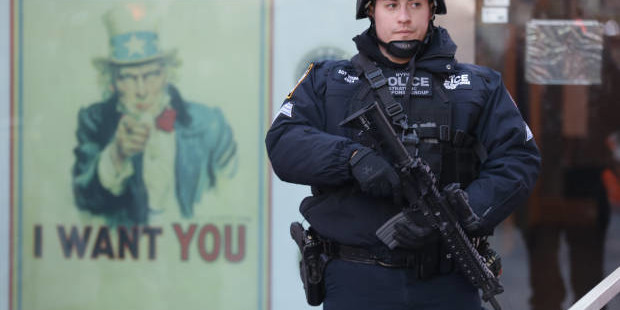
We brought this on ourselves: After Paris, it is time to square our “values” with our history
The West’s behaved horrifically in Middle East for decades. We can’t be surprised by Paris. Let’s look in a mirror
Another horrific attack emanates from the shattered, shredded Middle East into the beating hearts of Western civilization. It is impossible to miss what it means that the City of Light, the justified pride of the French, was the scene of Friday’s spree of violence, hostage-taking and murder. We cannot any longer watch the tragedies befalling Middle Eastern societies and shut the television off when supper is ready. Their tragedies are ours—a point that was destined to be forced upon us sooner or later.
By the most recent count available at writing, 127 are dead in Paris and who knows how many are wounded or traumatized. The Pentagon and the Strangeloves who run it, it turns out, are not the only ones who can pull off a shock-and-awe assault. If the French and all the rest of us are smart, we will dwell long and hard upon the implications of this stark reality.
“This is not just an attack on Paris, it’s an attack not just on the people of France,” President Obama said in a glumly presented statement Friday night. “This is an attack on all of humanity and the universal values we share.” There is something perfectly right in this, and then something perfectly wrong.
Yes, what has just occurred in Paris is an affront to all of us. But to invoke universal values is to sustain the error of understanding, of recognition, of acknowledgement, that lies at the heart of all this incessant hatred, attack and counterattack. We—and hardly least the French and the Americans—have articulated such values well and often enough since the late 18th century. But there is little ground to claim that they have determined how we have acted in the Middle East and treated its people for roughly the same period of time.
To put the point another way, a wounded civilization, borrowing Naipaul’s phrase for India, has wounded ours.
The number of fatalities in this, the second strike perpetrated by Islamic extremists this year, do not come close to those counted after the events in New York and Washington a dozen Septembers ago. But numbers rarely tell us much in the way of meaning, and we must not get lost in them now. “Is this a September 11 for the French?” my other half asked as we watched the news last night. “Let there be no question,” I replied.
François Hollande, the French president, was in attendance at the sports stadium where one explosion, apparently a suicide bomb, was detonated. Immediately afterward he termed the attacks together “an act of war.” I have never accepted Bush II’s declaration of “a war on terror” and do not now. But Hollande appears to be right. “What you are doing in Syria, you are going to pay for it now,” one of the gunmen declared as a massacre ensued in the Parisian concert hall also attacked.
Given French jets have recently flown beside American formations on bombing sorties across Syria, it does not get much clearer: If we term what is going on in Syria and Iraq a war, it would follow that we must count Friday’s events in Paris another theater in it.

